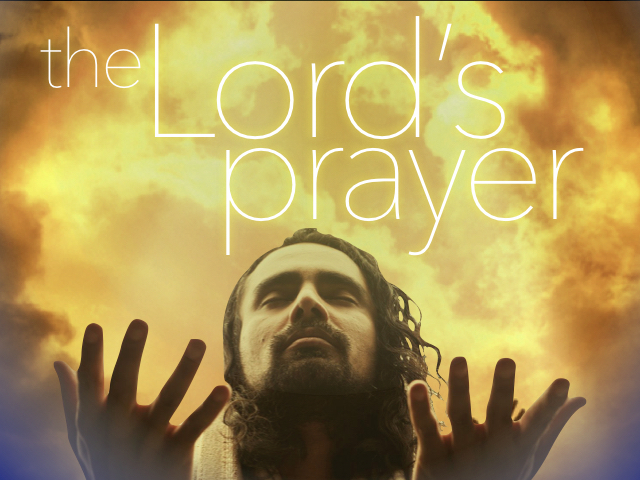
Revelation 6.1-8.
Someone asked me about the four horsemen of Revelation 6, and I had to correct her: “Five horsemen.”
She’d always heard there were four. There are, from the looks of it, four horses, which appear when the Lamb of God opens four different seals on his book of the End. But if you’re counting men—more accurately, man-shaped figures which represent various things—there are five. Check out the text:
Revelation 6.1-8 KWL 1 I see when the Lamb opens one of the seven seals.- I hear one of the four Living Beings saying,
- like the sound of thunder, “Come {and see}.”
2 I see. And look: A white horse,- its rider having a bow.
- He’s given a leafy crown,
- and the victor comes forth so he might win.
3 When the Lamb opens the second seal,- I hear the second Living Being saying, “Come {and see}.”
4 Another horse, a red one, comes forth.- As for the rider upon it:
- It’s given to him the charge
- to take peace from the land,
- so they will slaughter one another.
- A great machete is given to him.
5 When the Lamb opens the third seal,- I hear the third Living Being saying, “Come {and see}.”
- I see. And look: A black horse,
- its rider having scales in his hand.
6 I hear something like a voice- in the middle of the four Living Beings, saying,
- “A liter of wheat is a denarius.
- Three liters of barley is a denarius.
- You ought not be unfair with the oil and wine.”
7 When the Lamb opens the fourth seal,- I hear the fourth Living Being saying, “Come {and see}.”
8 I see. And look: A gray horse.- The name of the rider upon it is Death.
- Afterlife is following behind him.
- Power was given to them over a quarter of the land,
- to destroy with sword, famine, death,
- and by the wild animals of the land.
So the five horsemen are personifications of victory, war, inflation, death, and the afterlife (Greek




